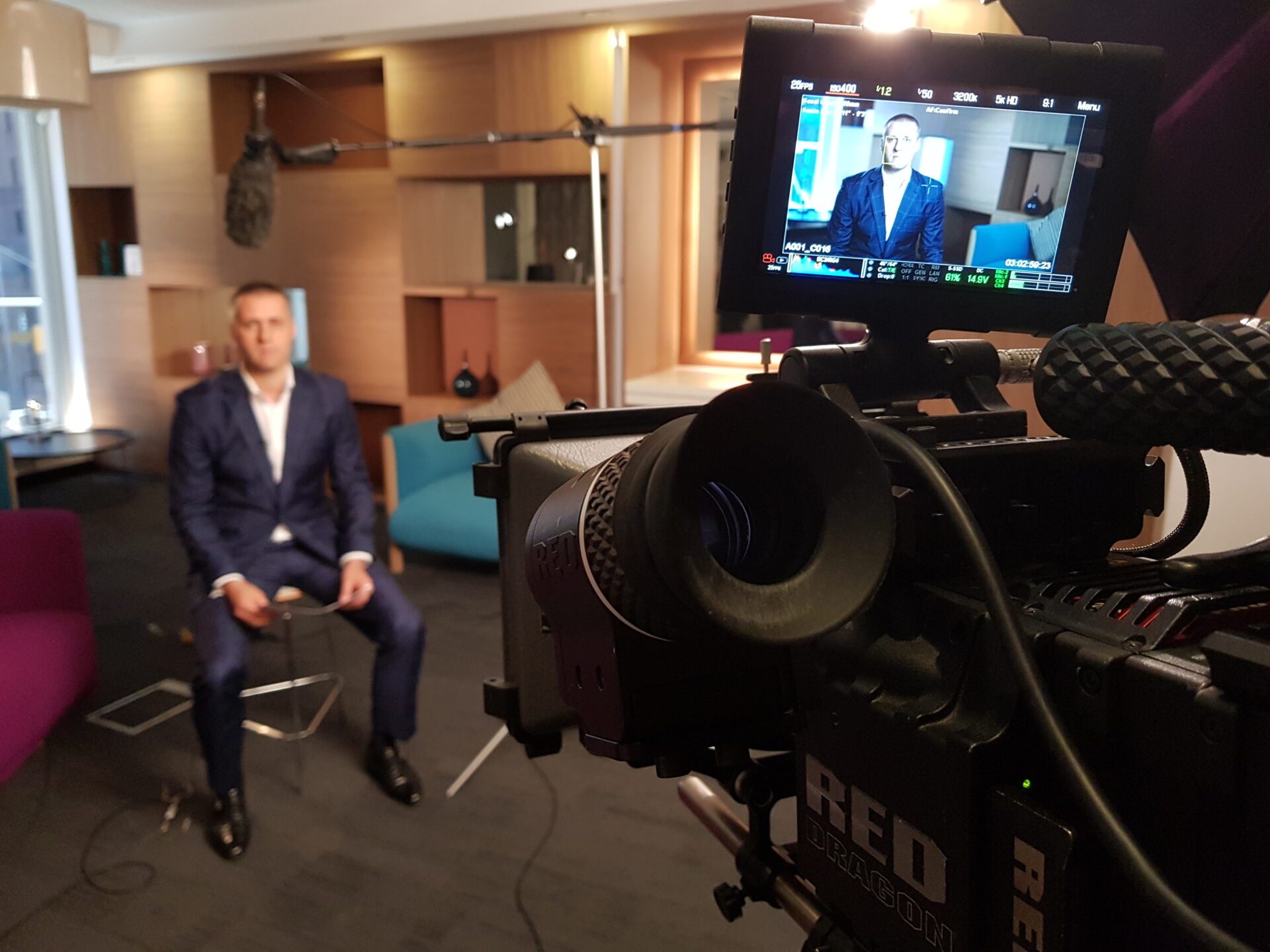Corporate video production is a complex process that requires careful planning and coordination. Whether you are creating a video for internal communications, external marketing, or as a training tool, there are several key things to consider before you begin your shoot.
Purpose of the video:
One of the most important things to consider before your corporate video shoot is the purpose of the video. What message do you want to convey and who is the target audience? Knowing the purpose of the video will help to guide the overall tone, style, and content of the video, ensuring that it is tailored to the specific needs of your audience.
Script:
A well-written script is essential for any corporate video production. It should be clear, concise, and engaging, and should stay on-message throughout. A good script will help to keep the shoot on schedule and within budget, and will ensure that the final product is easy to understand and has the desired impact.
Location:
The location of your corporate video shoot is another key factor to consider. Will the shoot take place in a studio or on location? Will special equipment be required for the location? Will there be any logistical challenges to overcome? The location will have a significant impact on the overall look and feel of the video, so it is important to choose a location that is appropriate for your message and target audience.
Talent:
The talent for your corporate video will include actors, presenters, and any other individuals who will be appearing on camera. It is important to know their availability and schedule well in advance of the shoot so that the appropriate arrangements can be made. The talent should also be chosen carefully to ensure that they are suitable for the message and target audience of the video.
Budget:
The budget for your corporate video will dictate what equipment can be used, how many people can be involved, and how much time can be spent on post-production. Knowing the budget in advance will help to keep the shoot on track and ensure that the final product is of the highest quality.
Deadline:
The deadline for your corporate video is crucial to know in order to plan the schedule and ensure that the final product is delivered on time.
Distribution plan:
How your corporate video will be distributed and promoted is another important factor to consider. Will it be used for internal communications, external marketing, or as a training tool? Knowing the distribution plan will help to ensure that the video reaches the right audience and has the desired impact.
Legal requirements:
Some corporate videos may require legal releases or permissions for the use of certain footage or music. It is important to know these requirements in advance to avoid any legal issues later on.
Style and look:
The desired visual style and aesthetic of the video will impact the choice of equipment, location, and overall production design. It is important to have a clear understanding of the desired style in order to achieve the desired look and feel.
Final format and delivery method: The final format of the video and the delivery method will depend on the intended use of the video. It should be determined if it is going to be used on website, social media, TV, or other platforms, this will help in choosing the appropriate format and resolution.
Conclusion
Creating a corporate video requires careful planning and coordination. By considering the purpose of the video, script, location, talent, budget, deadline, distribution plan, legal requirements, style and look, and final format and delivery method, you can ensure that your corporate video is tailored to the specific needs of your audience and has the desired impact.





